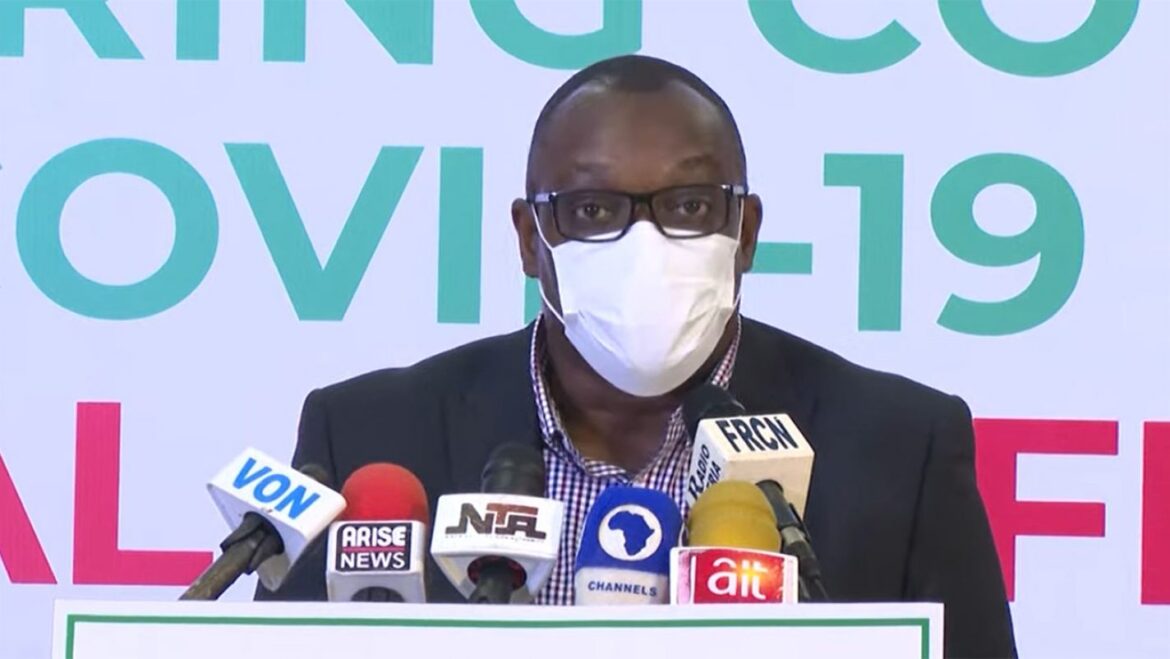By Iyema David
The Nigeria Center for Disease Control (NCDC), has said it will strengthen sub-national disease surveillance system in the country, adding that outbreak detection needed a system to successfully identify an epidemic at the earliest possible stage through complete and timely reported data.
The Director-General, NCDC, Dr Ifedayo Adetifa, on Tuesday in Abuja, at the fourth Annual Disease Surveillance Review Meeting (ADSRM), said that the agency recognises how critical States support was to strengthening the health system in Nigeria.
The ADSRM focus on ensuring the agency share and adapt best practices in disease preparedness, detection and response. State Epidemiologists have an opportunity to discuss various outbreak response activities, strengths, gaps and lessons learned.
As NCDC pushes on in the spirit of one health to safeguard the lives of Nigerians, which is its core goal, the critical stakeholders are from government Ministries, Departments and Agencies are involved in the journey.
Adetifa noted that the fourth ADSRM meeting would contribute to the strengthening of Nigeria’s health system through surveillance and quality field-based storytelling that would help improve the agency’s policies in the future.
The NCDC boss said that the agency would continue to work closely and tirelessly with public health experts and development partners to support the response, providing medical expertise and supplies to outbreaks and the needs of the frontline workers in the 36 states and the FCT.
“I believe, with the pool of experts present today, the 4TH ADSRM will allow for an in-depth review of surveillance activities in the country as different government agencies, states, and zones have challenges and experiences that may be peculiar to them.
“This has been the approach applied during the previous review meetings that brought about the improvement seen in the country’s surveillance activities today.
“Public Health Surveillance helps to appropriately measure the burden of diseases and study the impact of programmatic interventions.
“It involves disease identification, data collection, collation, analysis, and interpretation for public health actions,”
He explained.
Adetifa disclosed that the mandate of NCDC includes the detection, reporting, and responding to threats from communicable diseases and complying with the requirements of International Health Regulation (IHR) (2005).
The NCDC boss, however sent the agency’s deepest condolences to colleagues and family that lost their loved ones since the COVID-19 pandemic started.
“We also send our concern to States facing a consistent challenge of insecurity making surveillance activities difficult,” he added.
He urged participants that the re-union happens annually. “Let’s share our successes and challenges with colleagues.”
He commended their commitment to work again as the agency hope to establish an early warning system for infectious disease trends through participation.
Dr Abubakar Tafida, the Honourable Secretary, Health and Human Services Secretariat highlighted the opportunity presented by ADSRM4 to further strengthen subnational disease surveillance using a whole of society approach.
Prof. Junaidu Kabir, Department of Veterinary Public Health and Preventive Medicine, Ahmadu Bello University Zaria, Kaduna state, while, speaking on ‘One Health – aspiration to action’ said that Surveillance officers were problem solvers.
Kabir noted that the overlapping interphase of the One Health surveillance approach aids the early detection and response of public health emergencies of any nation.
One of the agency’s priorities over the next year is to focus on helping States in the country to have an integrated disease surveillance and response (IDSR) systems to immediately and adequately take ownership to respond to public health threats.


